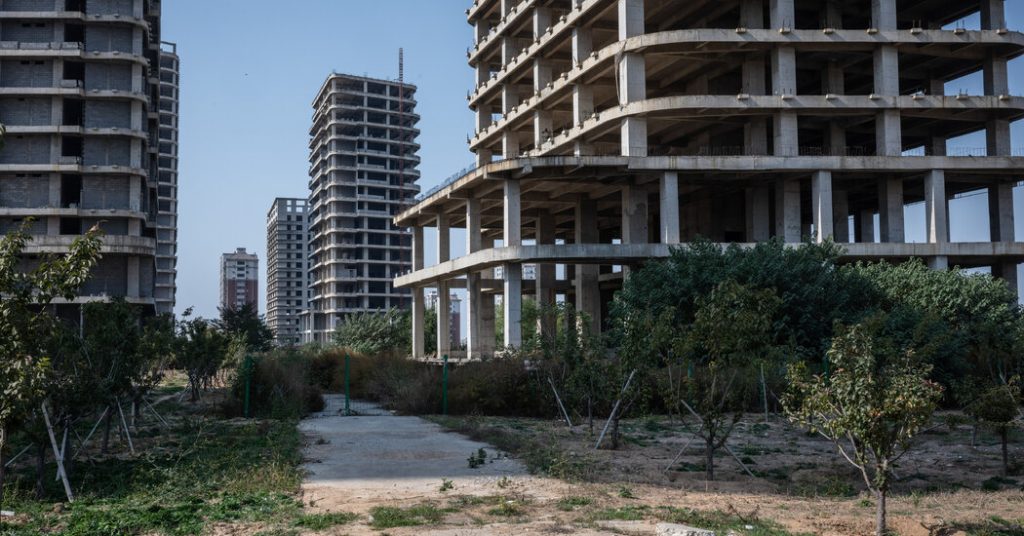China is grappling with a massive housing crisis, with nearly four million empty apartments that no one wants to buy, as well as around 10 million unfinished apartments that developers have sold. This crisis poses a serious threat to the country’s economy, as the real estate sector has been a significant driver of China’s economic growth in recent decades. The government’s plan to address the crisis by buying up unsold apartments is seen as a bold move, but many experts believe that more drastic measures will be needed to stabilize the housing market.
The roots of China’s housing crisis can be traced back to its real estate boom, which was fueled by easy money and government policies that promoted rapid urbanization and construction. However, as the market became oversaturated with empty apartments and developers overextended themselves, the bubble began to burst, leading to a sharp economic downturn. The government’s efforts to restore confidence among buyers have so far been unsuccessful, as developers continue to struggle and face the risk of default.
The collapse of major developers like China Evergrande has further exacerbated the housing crisis and raised fears of a wider financial meltdown. In response, China’s leaders have proposed turning unsold apartments into social housing at lower rents, as well as providing funds for state-owned companies to start buying up unwanted properties. However, critics argue that these measures may not be enough to address the scale of the problem, and more substantial financial support may be required.
Despite the challenges, some analysts believe that China’s leaders are taking steps in the right direction to address the housing crisis. There is optimism that further measures will be implemented to stabilize the market and prevent a wider economic collapse. However, the road ahead will be difficult, and it will require patience and perseverance to overcome the deep-rooted issues in China’s real estate sector.
Overall, China’s housing crisis represents a significant challenge for the country’s economy and presents a complex set of problems that will require bold and decisive action to resolve. The government’s efforts to address the crisis through measures such as buying up unsold apartments and providing financial support to struggling developers are seen as positive steps, but more drastic measures may be necessary to stabilize the housing market and prevent a wider economic downturn. With political will and determination, there is hope that China can overcome this crisis and build a more sustainable and stable real estate sector in the future.


